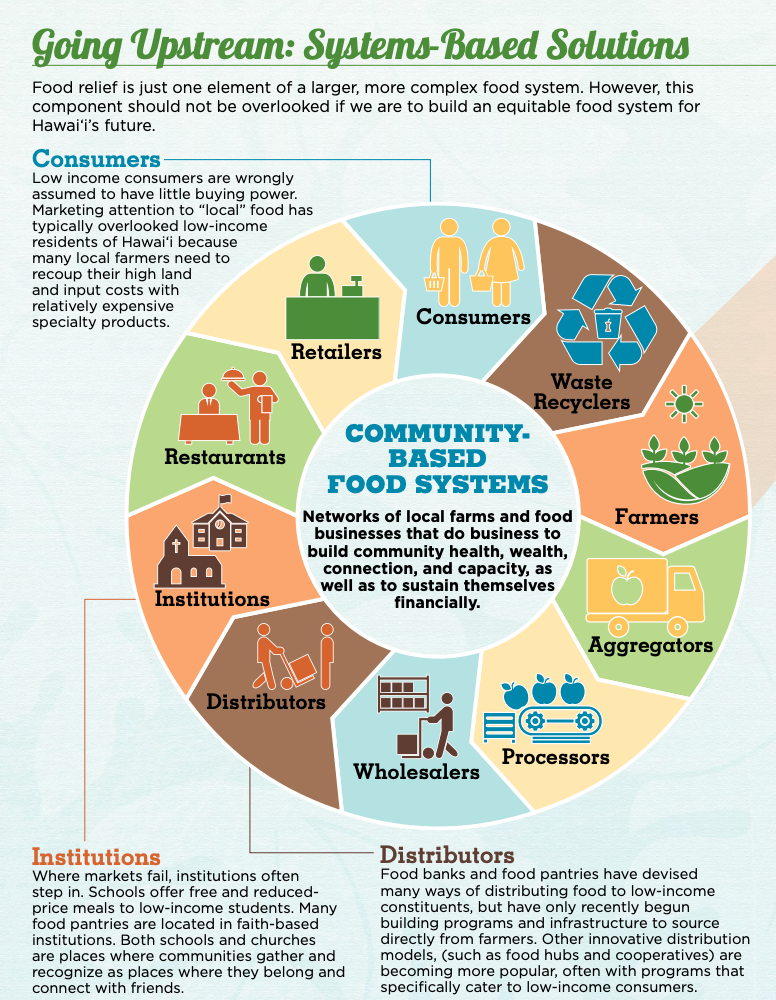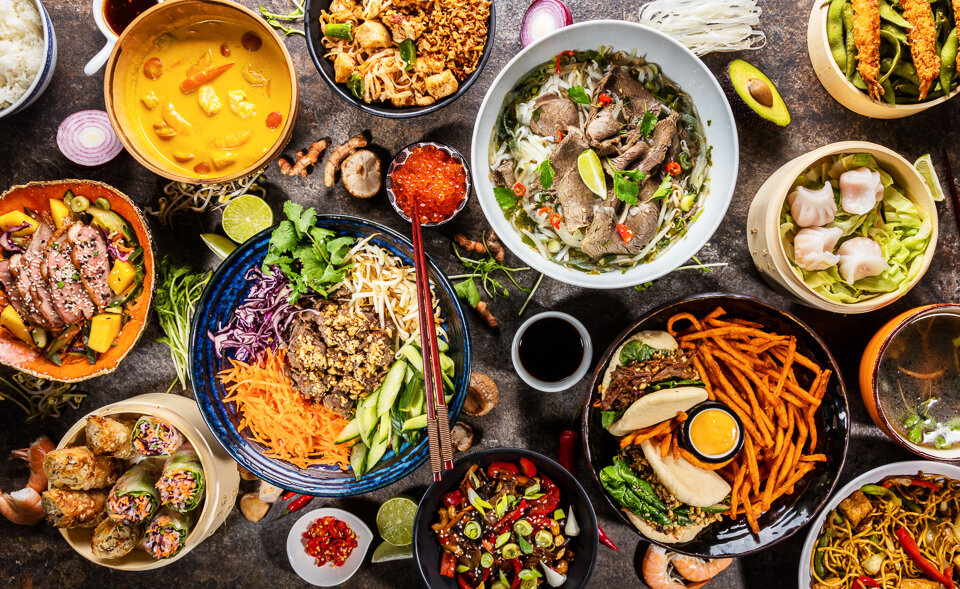Title: The Impact of the Food Industry and Policy on Home Cooking: Unlocking the Power of Nutritious and Delicious Meals
Introduction:
In today’s fast-paced world, where convenience often takes precedence over health, the impact of the food industry and policy on home cooking cannot be overlooked. As industrialization and globalization shape our dining habits, it’s essential to understand the consequences these factors have on our cooking choices. In this blog post, we’ll delve into how the food industry and policy influence home cooking, and provide practical insights to help you make informed decisions for a healthier and tastier future.
Keyword: Home cooking
1. The Evolution of Convenience Foods:
Convenience foods have become a staple in many households, offering quick and easy solutions to mealtime challenges. However, their impact on our health cannot be ignored. As processed foods dominate supermarket shelves, it’s crucial to be aware of the potential pitfalls associated with their consumption. By opting for homemade meals, we can regain control over the ingredients, nutrition, and flavor of our food.
2. The Influence of Food Marketing:
Food marketing plays a significant role in shaping our food preferences and choices. Clever advertising tactics and strategic placement of products can sway us towards highly processed, unhealthy options. Recognizing these tactics and becoming a more informed consumer can empower us to make better choices for ourselves and our families. By exploring local farmer’s markets, learning about sustainable sourcing, and trying new recipes, we can rediscover the joy of cooking and explore healthier alternatives.
Keyword: Healthy alternatives
3. Government Policies and Cooking Practices:
Government policies have a significant impact on the food industry and subsequently on home cooking. Policy decisions related to food labeling, nutrition standards, and agricultural subsidies can influence our access to fresh, nutritious ingredients. Understanding these policies and advocating for healthier options can create positive change in our food system. By supporting local farmers, encouraging food education in schools, and engaging with policymakers, we can collectively shape a food environment that promotes healthier cooking practices.
4. Building a Culinary Community:
In today’s digital age, technology has revolutionized the way we approach home cooking. Online platforms, recipe blogs, and social media communities provide a wealth of cooking inspiration and support from like-minded individuals. Joining cooking groups, participating in virtual cooking classes, and sharing your own culinary experiments can foster a sense of community and help you expand your cooking skills. By tapping into these resources, you’ll be better equipped to create delicious and nutritious meals at home.
Keyword: Culinary community
5. The Power of Meal Planning and Prepping:
In a world where time is a precious commodity, meal planning and prepping can be a game-changer. Devoting a few hours each week to plan your meals, create shopping lists, and prepare ingredients can save you time and stress in the long run. By implementing these practices, you’ll be more likely to cook at home regularly and make healthier choices. Additionally, learning skills like batch cooking and food preservation can assist in reducing food waste while maximizing your cooking efforts.
Conclusion:
The impact of the food industry and policy on home cooking is profound, but we have the power to create a positive change. By making conscious decisions, educating ourselves about food marketing tactics, advocating for healthier policies, and tapping into culinary communities, we can reclaim the joy of home cooking while prioritizing our health and well-being. Let’s embrace the art of cooking, experiment with nutritious ingredients, and savor the flavors that come from our own kitchens. Together, we can unlock the potential of delicious and nourishing meals for generations to come.
Keyword: Healthy cooking, Food industry, Policy impact











